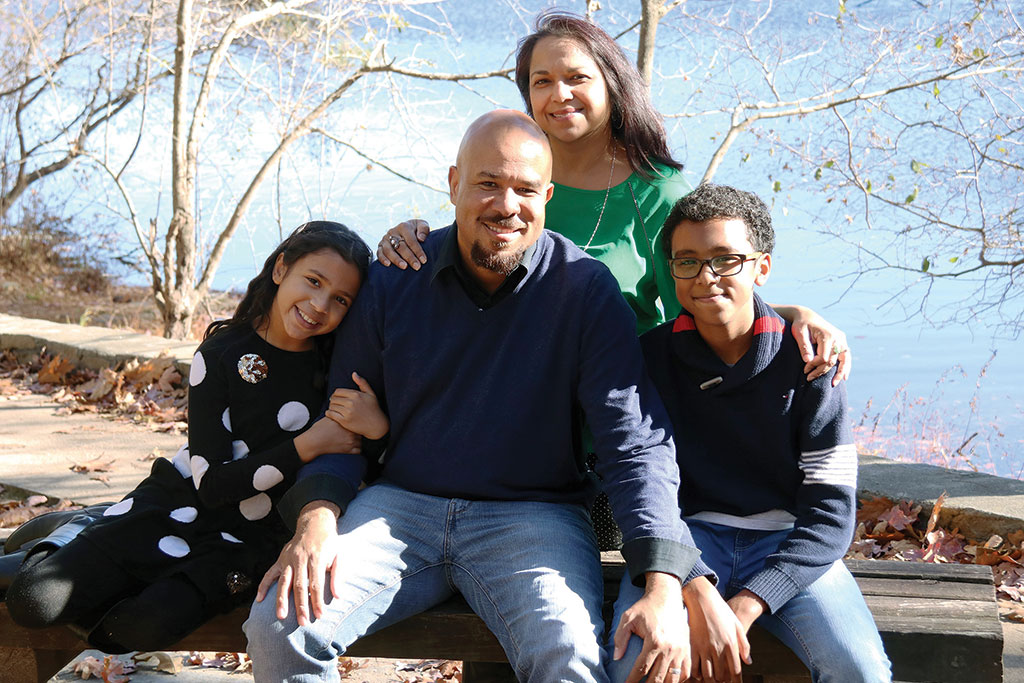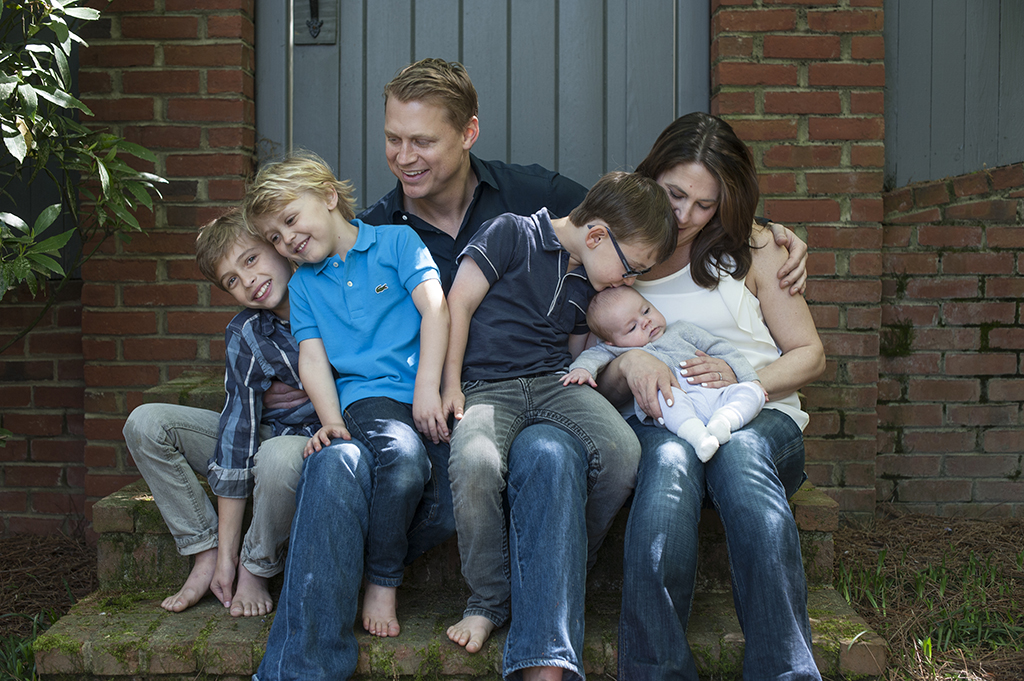Parenting without Rewards and Punishments
 We’ve all done it: “If you and your brother can get along and not fight for 30 minutes, you can have an hour of screen time.” When the kids succeed in not screaming at each other for half an hour, you say to yourself, “Well that worked.” But did it? Did the kids learn any skills to better relationships? Or did they just manage to not hit each other for the sake of the screen?
We’ve all done it: “If you and your brother can get along and not fight for 30 minutes, you can have an hour of screen time.” When the kids succeed in not screaming at each other for half an hour, you say to yourself, “Well that worked.” But did it? Did the kids learn any skills to better relationships? Or did they just manage to not hit each other for the sake of the screen?
Rewards may work in the short term, but if we want to raise helpful, productive citizens, we really don’t need them. We talked to Tracy McConaghie, a local therapist and co-owner of McConaghie Counseling, who specializes in helping children, adolescents and parents. We talked about avoiding rewards (and their counterpart, punishments) to foster better relationships with our kids.

Tracy McConaghie | McConaghie Counseling
Table of Contents
Motivate Without Rewards
“Most people think letting go of rewards and punishments means being permissive, but there is a way to be firm and in charge but still democratic and respectful with your children. It’s exciting to a lot of parents to find that out,” explains McConaghie. She elaborates that the idea of using rewards is well intended: “Parents say, ‘If you are good, we are going to give you a treat.'” But then parents notice when they ask their child to do something like set the table, for instance, the kid’s response is, “What will I get?” McConaghie says this shifts the focus from the child understanding they are a member of the family who should contribute into a what’s-in-it-for-me mentality.
So, instead of having short-term rewards after a child completes a household task, McConaghie says it actually means more to the child to hear parents say, ‘I’m really glad that you’re getting better at the things you can do while you’re growing up.'” It connects kids to what matters in life and that they belong and have a contribution to make,” she says. “Those factors–belonging and feeling they are important to others is the basis for becoming happy, successful, capable adults. I think we have lost sight of how meaningful it is for children to get those types of messages.”
Give Consequences that Make Sense
When parents use punishments as a way to change a child’s behavior, it may have the same negative effect as rewards. McConaghie often asks the participants in her parenting workshops to recall a time they were punished –then, she asks how they felt. “Generally what people felt was anger,” she says. “They felt ashamed or very small. They don’t think ‘my parents have taught me something meaningful.’ It creates revenge or rebellion; it doesn’t have the impact of helping people.”
Instead, McConaghie offers that consequences (rather than punishments) can be useful if they are related to what happened and are designed to help. For instance, if your child gets upset every time you ask him to turn off his iPad, then you could say he needs to take a break from the iPad for awhile. “It is a consequence, but it is not just designed to make the child suffer,” explains McConaghie. “It is designed to set limits that are healthy for the child.”
Decide What You are Willing to Do
We adults usually understand that we cannot control what other adults do. But do we realize we can’t really control our kids either? That is why McConaghie says parents can keep their sanity by deciding what they will do. For instance, she says parents can tell their kids they will not participate in conversations where the parent is spoken to disrespectfully, parents can decide they are not staying at restaurants when kids are rude, and parents can make the decision to not provide the remote control for the TV until work around the house is done. “We don’t have control over what we’re going to force our children to do, but we have complete control over what we will do,” says McConaghie.

Have Conversations Instead of Lectures
Nothing causes kids’ eyes to glaze over faster than an impending lecture. McConaghie says to approach conversations with your children as just that –conversations. “Take time to listen, not just talk,” she adds. “If the child is old enough, start the conversation with, ‘How are you feeling about how things are going with our bedtime routine? How do you wish it would be?’ You open the door to their participation, and they don’t have their defenses up.” She also suggests that parents think of how they would like to be talked to by their boss at work.
Find Solutions Together
During these conversations, focus on solutions. McConaghie recommends language like, “I’d love for us to work together on this instead of fighting about it. I bet you and I could come up with ideas that would work.” She offers the example of a child who consistently forgets to take her lunch to school. A parent could say, “I’m not willing to drive to school anymore with your lunch, and I know you don’t want to be hungry. Let’s come up with a plan that will help.” She says that children love the feeling of being told they have something to offer to help with a problem. Plus, it’s impressive to see what they will come up with; for instance, kids decide on their own to make signs to hang on the door or set reminder alarms.
While all of these ideas are meant to create a positive, healthy family environment, McConaghie cautions that kids are still kids. Parents shouldn’t expect them to act like adults just because they had a healthy, interactive conversation about unloading the dishwasher. “Children don’t have the same priorities we do,” she offers. “We didn’t have a priority of an empty dishwasher when we were ten years old.” Parents still have to follow through and say things like, “It’s 5pm and the dishwasher isn’t unloaded. Please do it now” or “Remember our plan to have the dishwasher unloaded every day by 5pm?” Think of your family as a team. “Tackling things in life together really encourages good behavior,” says McConaghie. “And they learn so much from it.”







